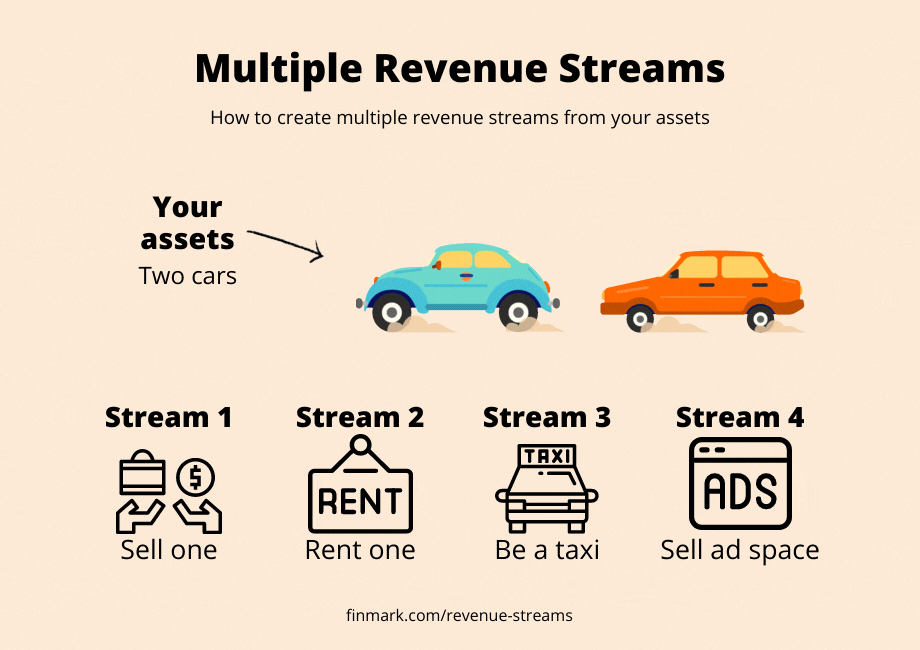Bulletproof Your Business with a Solid Budget: A Complete Guide

Introduction
Running a successful business requires careful planning and strategic decision-making. One of the most crucial aspects of business management is budgeting. A solid budget serves as the blueprint for financial success, enabling businesses to allocate resources efficiently, track expenses, and make informed decisions.
This comprehensive guide aims to provide business owners and managers with valuable insights into creating a bulletproof budget for their organizations. By following these best practices, businesses can enhance their financial stability, achieve growth objectives, and navigate through challenging economic conditions.
Step 1: Set Clear Goals
Before diving into the budgeting process, it is essential to define clear goals for your business. These goals will serve as guiding principles while making financial decisions. Whether your objective is increasing revenue, expanding market share, or launching new products/services, having clarity on your desired outcomes will help align your budget accordingly.
Step 2: Evaluate Income Sources

Every business relies on various income sources – be it sales revenue from products or services or investment returns. Understanding and evaluating these income sources is crucial during the budgeting process. Analyze historical data and projections to estimate future cash inflows accurately.
Step 3: Assess Expenses
Identifying all potential expenses helps create a realistic budget plan. Categorize expenses into fixed (rents, salaries) and variable (raw materials costs) elements; analyze past spending patterns to gain insights into expense trends; consider any upcoming investments or debt obligations in order to determine accurate expense figures.
Step 4: Prioritize Spending Categories
Once all expenses have been identified and classified appropriately based on importance and necessity levels within each category becomes an important next step in building robust budgets. This prioritization exercise ensures optimal allocation of resources towards critical areas while still accommodating necessary expenditures across different functions within the organization.
Step 5: Account for Seasonal Variations
Many businesses experience seasonal fluctuations in demand, which can impact cash flow and profitability. It is crucial to consider these variations while creating a budget. Analyze historical sales data, identify patterns, and make appropriate adjustments to ensure the budget accounts for any seasonal variations.
Step 6: Incorporate Contingency Plans
Businesses operate in a dynamic environment where unforeseen circumstances can impact financial stability. To prepare for such contingencies, it is essential to incorporate contingency plans into the budgeting process. Set aside a portion of funds as reserves or create specific line items for emergency expenses.
Step 7: Monitor and Track Performance
Creating a solid budget is not enough; businesses must regularly monitor and track their performance against the established financial plan. Implement robust tracking mechanisms, review financial statements regularly, compare actual results with projected figures, and make necessary adjustments if deviations occur.
Step 8: Seek Professional Guidance

For complex businesses or those lacking expertise in finance management, seeking professional guidance from accountants or financial advisors is highly recommended. These professionals possess valuable knowledge and experience to provide guidance on creating bulletproof budgets tailored specifically to your business needs.
Conclusion
A solid budget serves as the foundation for successful business operations. By following these eight steps – setting clear goals, evaluating income sources, assessing expenses, prioritizing spending categories, accounting for seasonal variations, incorporating contingency plans, monitoring performance, and seeking professional guidance- entrepreneurs can build robust budgets capable of navigating through uncertain times while paving the way toward long-term growth and financial success.
Related Posts...




